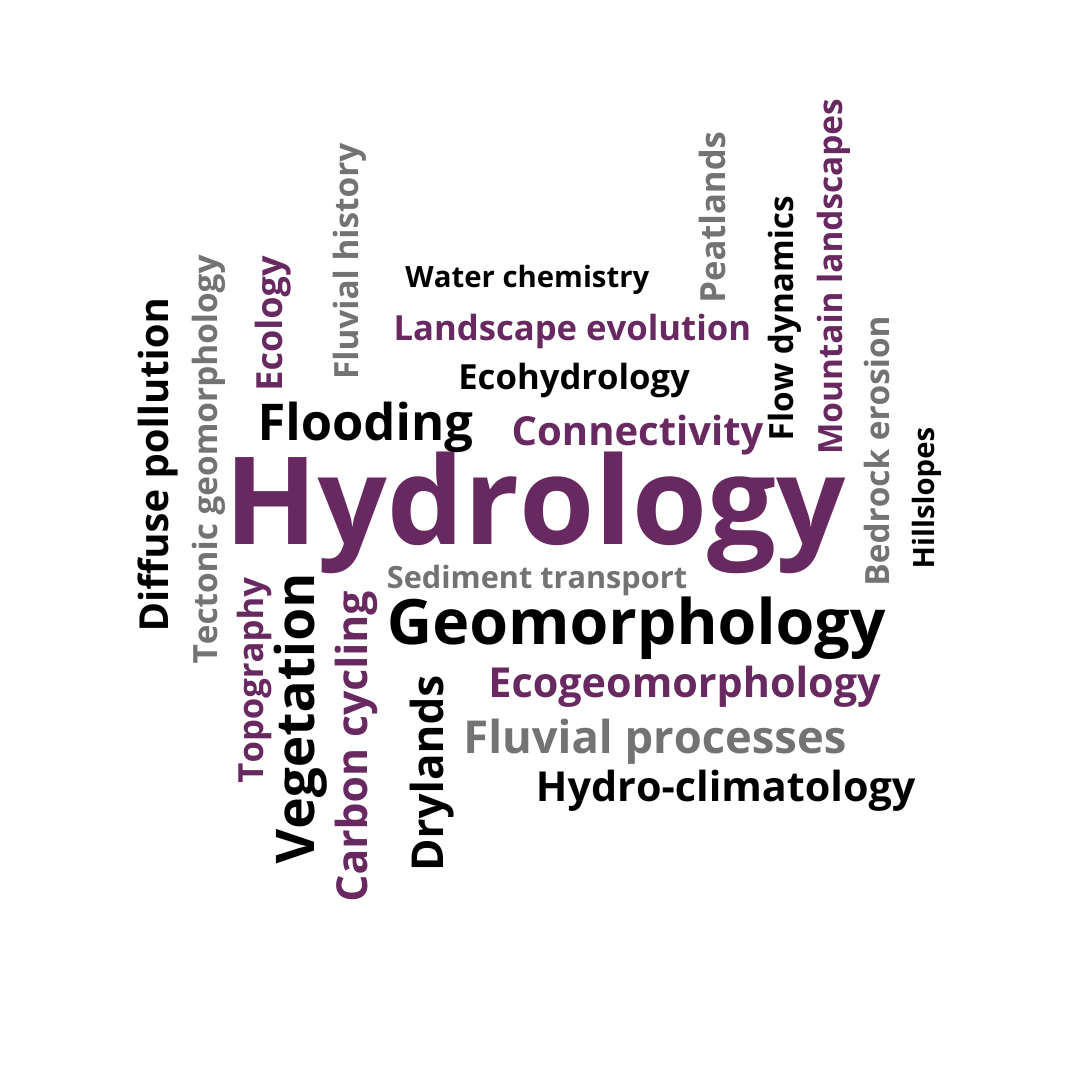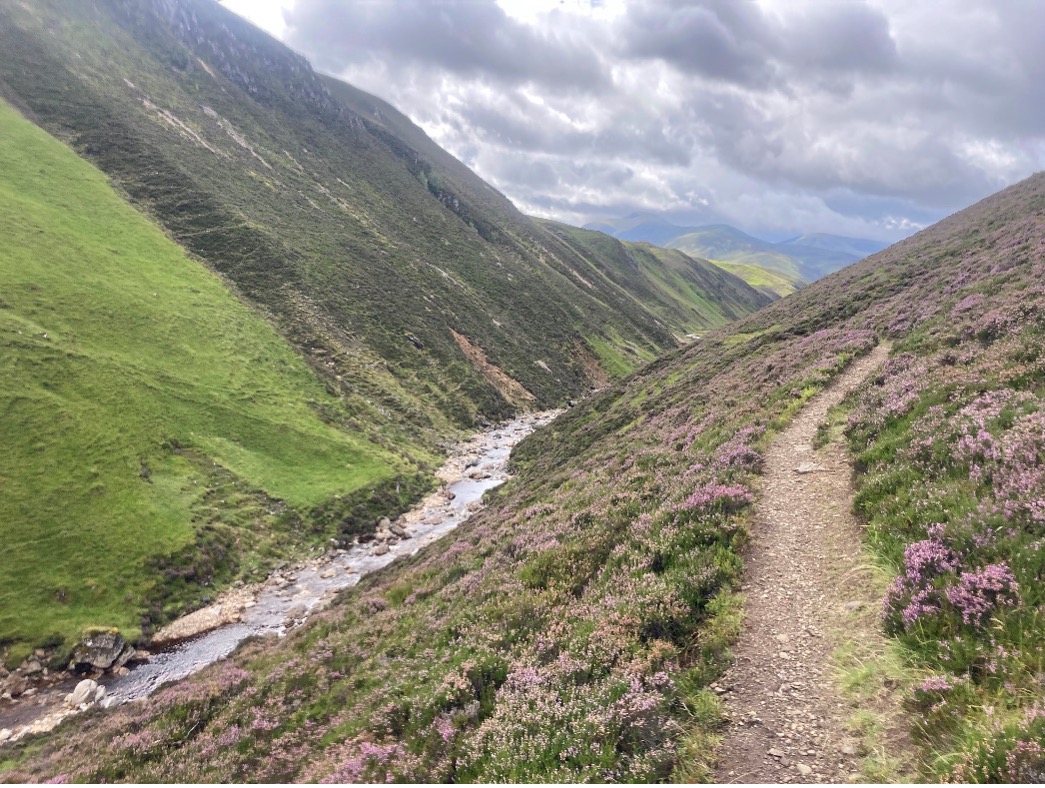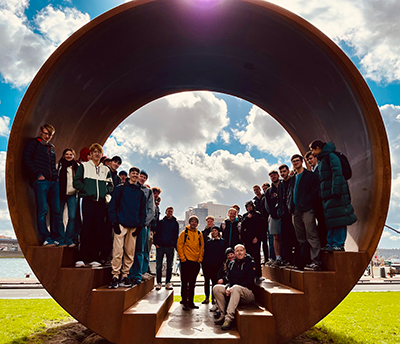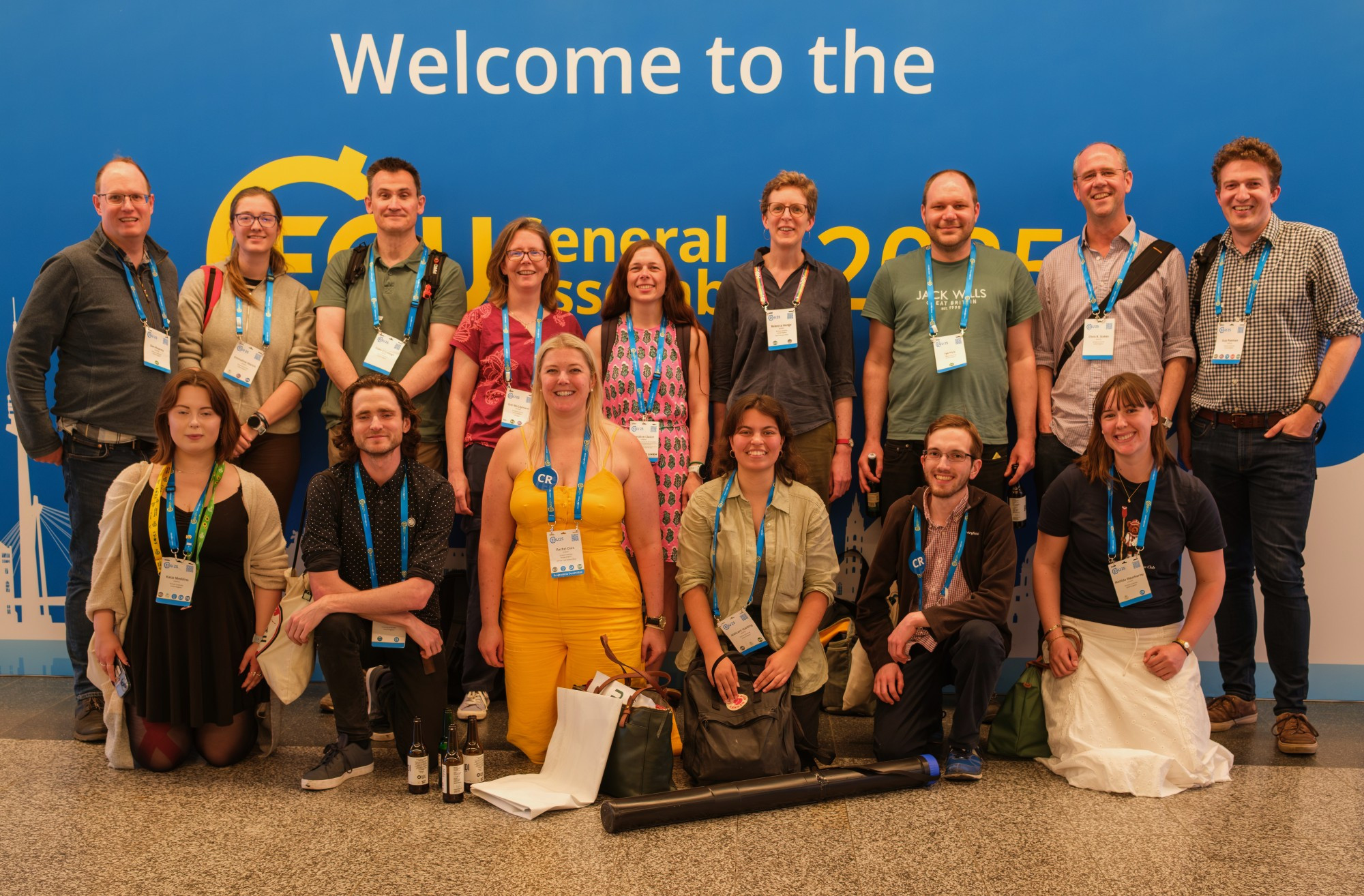Catchments and Rivers
A key focus of the Catchments and Rivers cluster is on monitoring and modelling the interactions and feedbacks between geomorphology, hydrology, vegetation, and water chemistry in hillslope and river systems. There is a particular emphasis on three critical areas:
- building on our numerical and analogue modelling expertise to investigate the interactions of vegetation with water flow and sediment transport, including the effects of vegetation on hillslope stability and dryland erosion, and the role of plants in modulating flow in river channels;
- developing an improved process-based understanding of how water, nutrients, and sediment move through catchments, with an emphasis on how the relevant physical processes can be deduced from a wide range of novel observational data at high spatial and temporal resolution; and
- moving beyond a rigid distinction between bedrock and alluvial rivers to quantify flow and sediment transport processes in the mixed bedrock-alluvial channels that typify montane environments.
For further details, please contact: Dr Elizabeth Dingle


Cluster Members
| Staff name | Research interests |
|---|---|
| Dave Bridgland | Fluvial history, Quaternary, Palaeontology/Archaeology |
| Isabella Bovolo |
Tropical hydro-climatology, Hydrology, Climate and Climate Change |
| Patrice Carbonneau |
Digital Photogrammetry, Digital Image Processing, Fluvial Remote Sensing, Fluvial Geomorphology and Ecology |
| Dr Caroline Clason |
Glaciers, ice sheets, glacial hydrology, environmental risk, mountain catchments |
| Fiona Clubb | Tectonic and fluvial geomorphology, Topographic analysis, Landscape evolution |
| Nick Cox |
Statistical applications in Geography (e.g. geomorphology, hydrology, climatology) |
| Alex Densmore | Mountain building, Earthquakes, Landsliding, Hazard-risk-resilience |
| Lizzie Dingle | Fluvial geomorphology, Sediment transport |
| Danny Donoghue |
Airborne and satellite remote sensing, Remote sensing for archaeology, forestry and coastal change |
| Rich Hardy |
Open channel hydraulics, Sediment transport, Numerical modelling |
| Rebecca Hodge |
Fluvial geomorphology, Sediment transport, Numerical modelling |
| Stewart Jamieson |
Glacial geomorphology, Ice stream dynamics, Landscape evolution |
| Erin McClymont |
Past Environmental and Climate Change, Organic Geochemistry |
| Glenn McGregor |
Synoptic climatology, Biometeorology, Hydroclimatology, Climate and society |
| Sim Reaney |
Catchment-based hydrological modelling, Connectivity of environmental flows, Flood hazards, Diffuse pollution |
|
Carbon Cycling, Environmental Change, Lipidomics, Mass Spectrometry |
|
| Laura Turnbull-Lloyd |
Ecohydrology and ecogeomorphology, land degradation, drylands, connectivity |
| John Wainwright |
Human-Environment Interactions, Hydrology, Geomorphology |
| Jeff Warburton |
Fluvial geomorphology, Mountain sediment systems, Geocryology |
Research Clusters
Our research clusters are focused on ideas. They act as centres of gravity for collective research activity and provide the foundational means through which we generate the diversity, vibrancy and innovation that underpins our research.
Impacting the World
Our research culture is set up to generate research that is both intellectually innovative and impactful, addressing the key global challenges of our time and providing wider public and societal benefit.
Our Research Community
Our academic researchers and research staff are completing a wide range of research that is Impacting the World, including work that is relevant to the pursuit of the Sustainable Development Goals, and publishing literature that is changing our understanding of the world.
Virtual Library
Much of our research takes final form in high-impact articles or books. But a considerable amount of our activity takes place in other mediums.
Contact Us
Founded in 1928, the Department of Geography at Durham University is one of the leading centres of geographical research and education in the world.
Department of Geography
Postgraduate Study
Durham University
Lower Mountjoy
South Road, Durham
DH1 3LE, UK
Tel: +44 (0)191 33418000


/prod01/prodbucket01/media/durham-university/departments-/geography/Matt_Couchmann-3872X1296.JPG)



.png)


